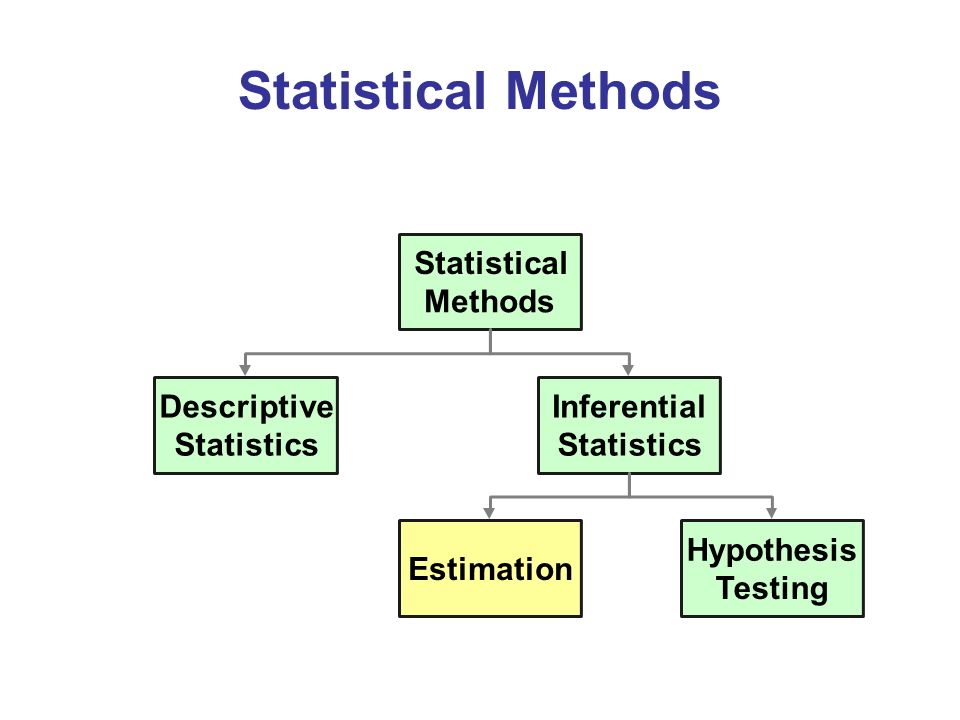Omitted variables are a common concern in empirical research. We show that "Oster's delta" (Oster 2019), a commonly reported measure of regression coefficient robustness to the presence of omitted variables, does not capture sign changes in the parameter of interest. Specifically, we show that any time this measure is large--suggesting that omitted variables may be unimportant--a much smaller value can actually reverse the sign of the parameter of interest. Relatedly, we show that selection bias adjusted estimands can be extremely sensitive to the choice of the sensitivity parameter. Specifically, researchers commonly compute a bias adjustment under the assumption that Oster's delta equals one. Under the alternative assumption that delta is very close to one, but not exactly equal to one, we show that the bias can instead be arbitrarily large. To address these concerns, we propose a modified measure of robustness that accounts for such sign changes, and discuss best practices for assessing sensitivity to omitted variables. We demonstrate this sign flipping behavior in an empirical application to social capital and the rise of the Nazi party, where we show how it can overturn conclusions about robustness, and how our proposed modifications can be used to regain robustness. We implement our proposed methods in the companion Stata module regsensitivity for easy use in practice.
翻译:实验性研究中常见的隐含变量。 我们显示“ Oster 的 delta ” ( Oster 2019), 通常报告的回归系数稳健度量与省略变量的存在相比, 通常报告的一项回归系数稳健度度量, 并不捕捉利益参数的标志变化。 具体地说, 我们显示, 任何时间, 该计量是大建议, 省略变量可能是无关紧要的- 价值要小得多, 实际上可以逆转关注参数的标志。 相关地, 我们显示, 选择偏差调整的天平点可能对敏感参数的选择极为敏感。 具体地说, 研究人员通常在奥斯特的 delta 等于 的假设下进行偏差调整。 在德尔塔 非常接近于一个但并不完全等于一个替代参数的替代假设下, 我们显示, 偏差可能是任意的。 为了解决这些关注, 我们提出了一个经修改的稳健度度度度度度度度度度度度度度度度, 并讨论评估对忽略变量的灵敏度的最佳方法。 我们在社会资本的实验应用和纳粹方的崛起中展示了这个标志, 我们展示了它如何推翻关于稳健健健健性的结论, 如何在恢复了我们使用的 。



